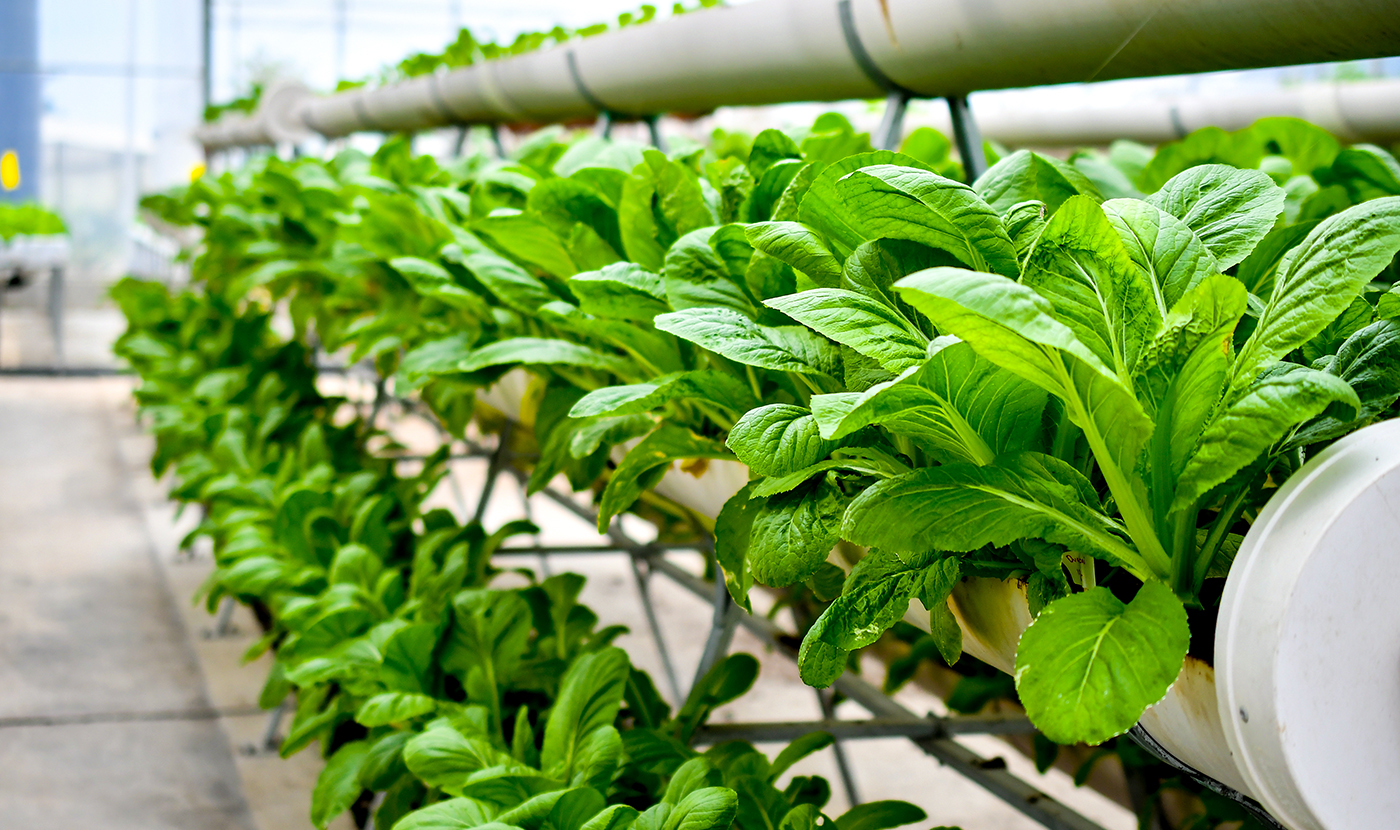
The Goal of Food Security and Sustainability
by Adwright, 8 January 2021
Must eggs come from birds? Must beef come from cows? Must fish come from the sea? The answer appears to be a resounding no. If observing the present can give us some hints for the future, food may become predominantly produced in high-tech labs and farms one day.

Fig 1: Meat grown in a scientific laboratory.
The growth in popularity of high-tech labs and farms in Singapore arises from the need for food security and sustainability. Currently, around 90% of Singapore’s food is imported, rendering our nation extremely vulnerable to global trends and shocks that affect international food supply. As 2020 clearly evinced, global affairs can be sent into a tailspin by unpredictable events. Hence, Singapore has hastened progress towards food security and food sustainability, with the current goal defined as “30×30” – 30% of Singapore’s nutritional needs to be locally produced by 2030.
High-Tech Labs and Farms
The 30×30 goal focuses significantly on high-tech labs and farms. High-tech labs predominantly produce alternatives to food derived from animals, such as meat, eggs and milk. High-tech farms produce natural food, such as plants and seafood, with higher productivity and minimum waste while maximizing land productivity.

Fig 2: Lab-grown shrimp meat by local start-up Shiok Meats.
In Singapore, a prominent player of the lab food industry is Shiok Meats, which has raised US$20.2m in total funding. Shiok Meats takes stem cells from shrimps and multiply them in a “culture media”, which is a nutrient-dense solution. This solution promotes the growth of the stem cells, and the final product is edible shrimp-like “meat”. By being able to produce shrimps in the lab, Singaporeans will be able to purchase shrimps sourced from right at home.

Fig 3: Extract from The Straits Times article on companies working on food sustainability, such as Apollo Aquaculture Group.
Local farms are also working to increase production by making use of technological innovations. These farms aim to be climate-resilient and sustainable amidst a changing climate. Local fish farm, Apollo Aquaculture Group, has been working on an eight-storey vertical farm, which will boost fish production by more than eight times. The vertical farm will incorporate sustainable features, such as solar panels and recycling discharge.
Sustainability in Branding
The efforts made by local firms to achieve food sustainability and security are valuable and commendable. However, a final hurdle remains – the public has to be receptive to food produced sustainably. Thus, the branding and packaging of sustainable foods need to be appealing, informative and convincing to the public.
Adwright worked with the aforementioned Apollo Aquaculture Group to communicate their sustainability efforts to consumers. During the circuit breaker period in June 2020, Adwright conceived the idea for Apollo to bring its fish products to the Singapore market before exporting to the overseas markets. This ensured a constant and reliable supply of fresh seafood to Singapore’s market, and helped to position Apollo as a leader in Singapore’s food sustainability mission. To encourage Singaporeans to support local food producers, Adwright designed a logo that highlighted the local origin of Apollo’s seafood.

Fig 4: Icon designed to communicate Apollo’s commitment to contributing towards Singapore’s food sustainability mission.
Additionally, Apollo came up with an idea to produce ready-made soup broth from fish bones which would have otherwise been discarded. These ready-made soup broths are fresh, convenient and sustainable, and Adwright came up with the brand positioning and direction for this new line of sustainable seafood. The brand direction formed the backdrop of the product, allowing values of the sustainable seafood line to be shared with consumers. The packaging was designed to be pleasing and attractive with warm comforting colours. As there is no standardisation or regulations on sustainability marks, icons were specially designed for Apollo to communicate key health and sustainable facts to consumers clearly and effectively.

Fig 5: The suite of icon designs developed to communicate key health and sustainable facts on Apollo products.
We assisted in narrating the story of Apollo’s sustainability efforts to consumers through key information written on the back of the packaging. Apollo has invested in aquaculture farming technology to contribute to Singapore’s food security, and this has tremendous contribution to the seafood supply in Singapore. The food packaging communicated Apollo’s efforts, and also shared Apollo’s mission to bring fresh quality seafood to Singapore. Working on this project allowed us to apply our expertise in branding and design for a greater good, and we also gained an insightful look into the efforts made by our local farms to tackle the complex issue of food sustainability and security.
Conclusion
Food is an integral part of our lives, and our current abundance cannot be taken for granted. The future may see us consuming uniquely produced foods, and it is interesting to witness how science and technology will take us to new frontiers in food production. This article introduced some local high-tech labs and farms, and we highlighted the importance for brands to communicate effectively to the public in order to encourage their purchase of sustainable food products. In future, we expect to see more brands emerging in the food sustainability industry, and we look forward to assisting these businesses in their branding efforts!
Adwright has accumulated a wealth of experience in helping brands stand out from their competitors with unique and attractive brand stories. For over 20 years, Adwright has collaborated with clients that range from local SMEs to global corporations, spanning across a myriad of industries. We provide integrated solutions in branding, design, communications and beyond. Partner with us and embark on your unique brand journey today. To find out more about the services that Adwright provides, call us today at +65 6227 7227 or email enquiry@adwright.com.

